
Ruth Keeley writes about the parallel pandemic of mental health issues that have accompanied the COVID-19 lockdowns and restrictions, and how we can help people struggling to cope as the world slowly begins to open up again...
As we come further out of lockdown in the coming weeks and months, many of us are breathing a long sigh of relief. The prospect of more freedom to travel and to get back out to some of our favourite hiking and climbing spots is a much yearned-for liberty. Meeting up with friends and family, even if it is in groups of just six to begin with, will be a long overdue pleasure. Taking a UK holiday or even the ability to simply sit in a pub beer garden is tantalisingly close. As the clocks spring forward this weekend we're excited for summer!
The COVID-19 pandemic and consequent lockdown have affected us all in such a broad and varied way. Many people like me have been relatively lucky. I've had a job that I could do from home throughout; I live in a semi-rural location so had easy access to the countryside from my door; friends are close by so running or walking with another person was easy to arrange; family and close friends avoided the virus and remain fit and healthy, and no kids meant no home schooling nightmares. Not everyone was as fortunate and the toll on mental health in the broader population is easy to see with businesses closed both temporarily and permanently, job losses, strained relationships, the stresses of juggling family life on top of work and other commitments as well as direct impacts of COVID-19 where loved ones have sadly lost their lives at the hands of this terrible disease.
According to the Mental Health Foundation, the psychological impact on our lives after over a year of restrictions is significant. They are conducting one of the largest pieces of long-term research into the impact on our mental health during the pandemic in conjunction with the University of Cambridge, Swansea University, the University of Strathclyde and Queen's University Belfast. They have recently reported that although our anxiety towards the pandemic has fallen over the last year, our sense of loneliness and perceived inability to cope with the stress of the pandemic have increased and more worryingly, the number of individuals having suicidal thoughts has gone up.
The implications of this are that despite things looking more positive with the rapid roll-out of the vaccines, a roadmap out of lockdown and impending longer days and fairer weather, the negative experiences that many have endured over the last 12 months may be hard to shake and some of the consequences for our mental health could take many months or even years to recover from. What does that mean for the outdoor community? We are a notoriously social and welcoming bunch; hikers and runners saying hello to everyone they pass on the trails and groups of climbers who may have never even met before happily congregating at the crag to belay new partners and share tales of adventure. As a community we pull together when someone is down, rallying around a fallen runner or climber until help is on the way. I wonder if there is more we could be thinking about doing as we come out of lockdown?
Over the last couple of years I have seen far too many friends taking extreme measures whilst in the grip of depression and anxiety, friends who we all thought were doing alright. It's a tragedy that I cannot bear. Statistically it is the men amongst our number who are those more likely to commit suicide, but not exclusively. Suffering in silence, hiding how we are feeling from those closest to us. Maybe we can't find the words to explain it; the mental torment possibly makes it too excruciating to share. Would talking to a friend or even acquaintance be any easier? Someone with a little distance and perhaps a more independent viewpoint than close family? That one conversation could be enough to change someone's mind in that moment from heading down a tragic road with no chance of return.
You might notice that a fellow hiking or climbing buddy doesn't seem their usual self from before the pandemic, keeping themselves away from permitted group activities and not socialising like they usually would. Maybe uncharacteristically pulling out of planned meets at the last minute or for a reason that doesn't seem clear. Perhaps you realise you suddenly haven't heard from them for a long time, they have stopped replying to messages or calls or have even stopped posting on social media.
We may not all be trained therapists or counsellors, but it might just take that extra level of vigilance and a simple conversation to help bring someone back from a very dark place and change their course of thinking until professional help is on the way. Talking about what's going on in our heads is never easy, but neither is dealing with the aftermath if we don't.
Time to Change are promoting the 'Ask Twice' campaign which is a really fantastic initiative. When we are asked how we are doing, so many of us simply reply with a standard "Fine!" which might not always be the truth. Asking someone twice might be all they need to encourage them to share what is really on their mind.
It really is OK not to be OK, but it is even better to talk to someone about it! Please look out for each other out there and if any of this has struck a chord please reach out to someone - things might seem desperate today but tomorrow might be better!
For more writing by Ruth Keeley see her blog fellrunlikeagirl













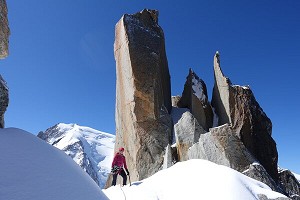
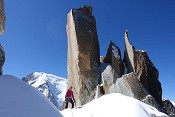

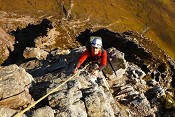


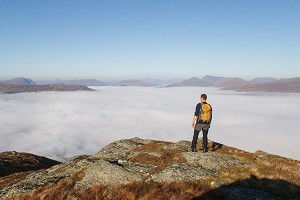

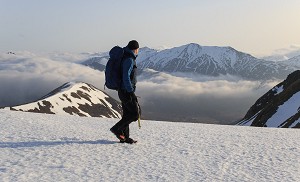

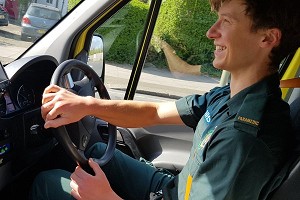
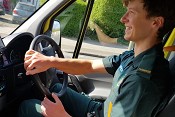
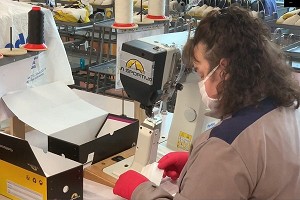
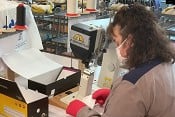


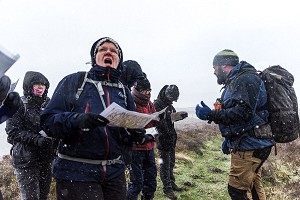
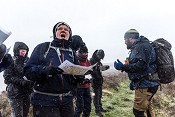
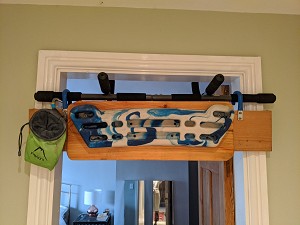
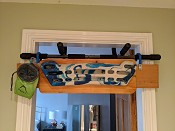
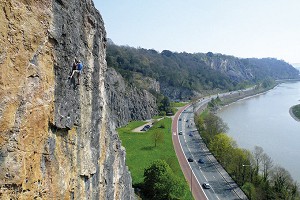
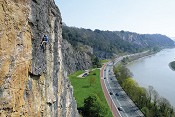
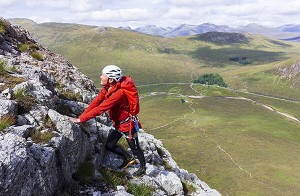
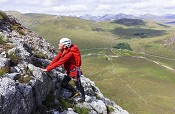








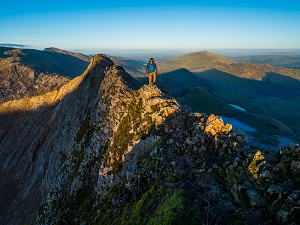





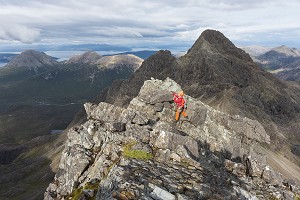
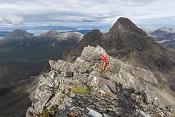


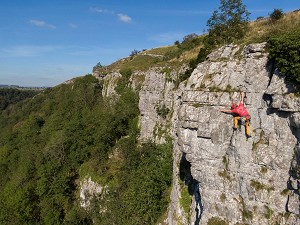

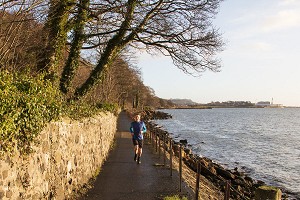
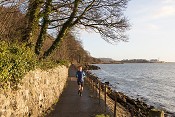






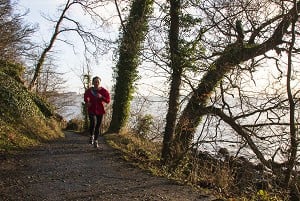
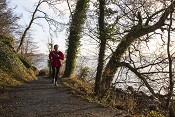


Comments
Well thought out article, especially the paragraph highlighting the subtle changes to look out for. Thanks for that.